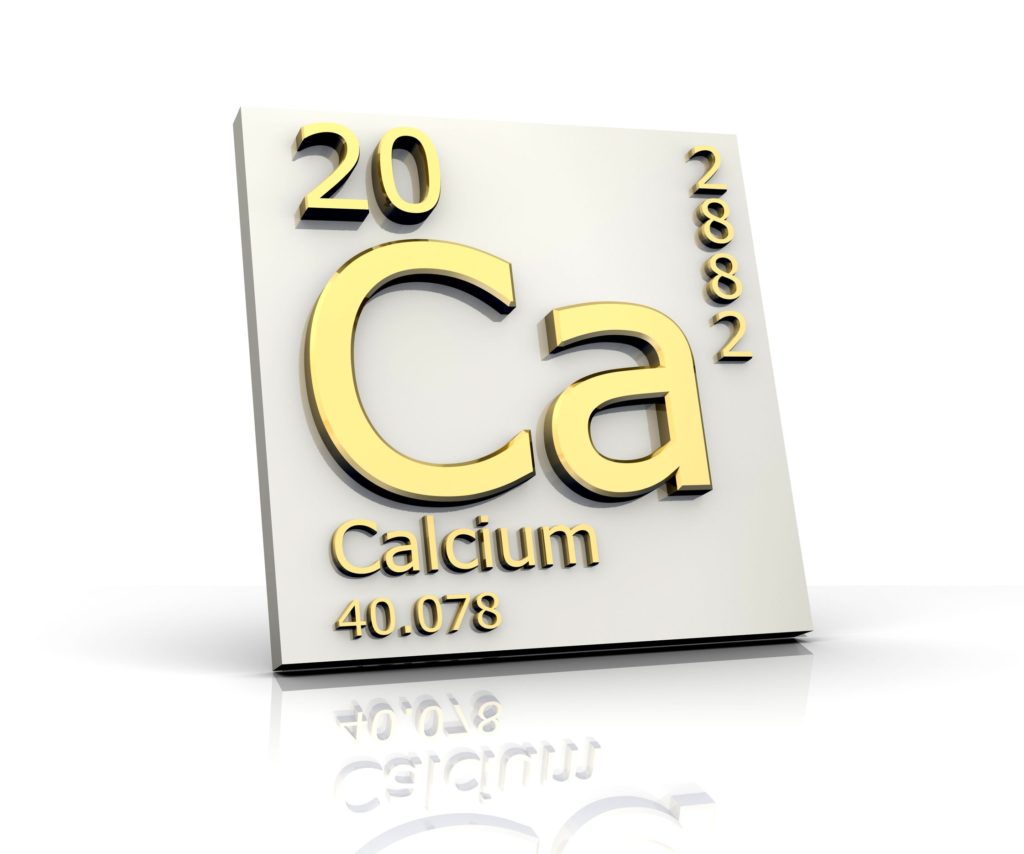Standard medical advice for women is to be taking supplemental calcium. But is that really a good idea? New research published in the journal Heart suggests that taking elemental calcium (such as is found in 90% of supplements) may be doing more harm than good. Much more harm.
The research reviewed two controversial studies on calcium supplementation and heart attack risk published in the British Medical Journal in 2011. The studies found a 24-27% increased risk of heart attack for people taking 500 mg a day of elemental calcium. The results of the latest review, involving 24,000 people between the ages of 35 and 64, were even more alarming. Participants in this review who took 500 mg of elemental calcium a day increased their risk of having a heart attack by 86% versus those who took no calcium supplements at all.
What are the risks of taking supplemental calcium?
Elemental inorganic calcium comes from limestone, oyster shell, egg shell and bone meal (hydroxylapatite). This type of calcium is not bound to the natural co-factors, e.g. proteins in the from of amino acids, lipids (fats) and glyconutrients, found in food (plants and animals) that are the natural delivery systems our bodies know how to use. Without this built-in delivery system, elemental calcium can end up in the wrong places, a process known as ectopic calcification.
The body tries to rid itself of what it considers to be excess calcium (ie, calcium that cannot be utilized because it is in the wrong form) in the following ways:
- Constipation. Calcium is dumped into the bowels to be removed from the body.
- Kidney stones. The calcium is pushed through the kidneys to be removed.
- Hypercalcemia. Too much calcium in the blood can lead to abdominal pain, depression, abnormal heart rhythm and more.
- Hypertension. That’s why calcium channel blockers are used to treat high blood pressure. (hint: diet, exercise and stress management are far more effective and safer ways to lower blood pressure.)
- “Brain Gravel”. An increasingly prevalent concern, brain gravel are pea-sized calcium deposits found in the brains, including the pineal gland, of autopsied individuals.
- Pathological microcalcification of the breast. Breast tissue is particularly susceptible ectopic calcification. Hydroxylapatitate crystals found in malignant breast tissue may be a cause, and not an effect, of breast cancer.
Elemental calcium found in antacids are particularly problematic. Antacids such as Tums or Rolaids decrease the stomach acid needed to digest and absorb the calcium, so that even more can potentially end up in places where it can do damage.
So supplemental calcium is not a good idea for a healthy heart, kidneys or bones. Should you be eating pounds of spinach and drinking gallons of milk to get enough calcium? The answer to how to keep your bones strong and healthy throughout your life may surprise you. (Hint: it’s not about the calcium.)
